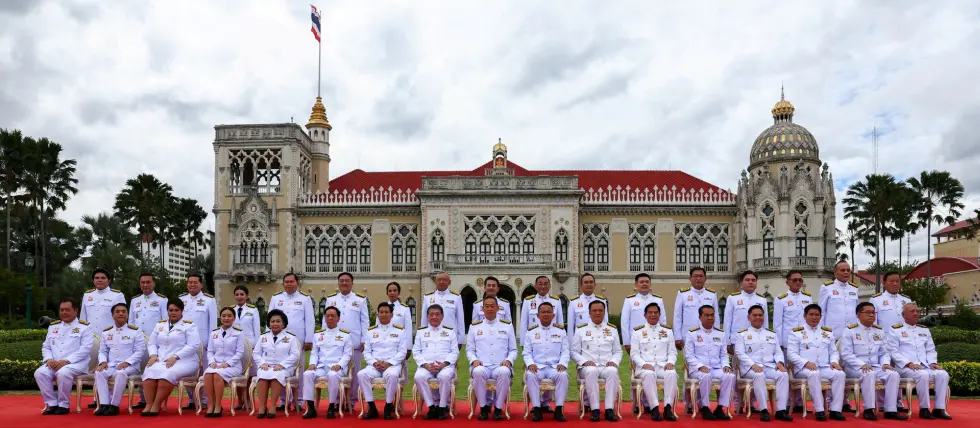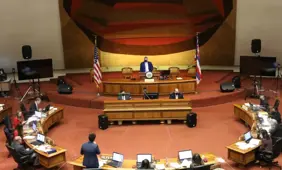Thailand Politicians Move to Block Casino Bill Through Government No-Confidence Vote
Thailand's opposition party, the Palang Pracharath Party, has reaffirmed its opposition to the entertainment complex bill currently being debated in parliament. The party plans to use this issue as a key argument in an upcoming no-confidence debate against the government.

Party representatives claim that permitting casino gambling would have negative effects on Thai society and that the bill gives the prime minister excessive control. Deputy leader Chaimongkol Chairop has expressed concerns over the government's strategy for increasing revenue, arguing that other approaches could be explored that do not involve the risks linked to legalized gambling.
Related: Research Shows Public Do Not Support Thailand Gambling LawsThe Palang Pracharath Party has also raised objections to the proposal to increase the casino space within entertainment complexes. Initially, the bill restricted casino areas to 5% of the total property, but recent revisions propose raising the cap to 10%.
According to the opposition, expanding casino space could lead to unintended social consequences, such as higher gambling addiction rates and other related issues. The party has also criticized the plan to place these entertainment complexes in key tourism areas rather than rural locations. Party leaders argue that claims suggesting these projects would support sustainable tourism are misleading, asserting that they could increase crime and create social instability.
At the end of January, the Council of State was given 50 days to conduct its review of the bill. Under the current version of the legislation, casinos within these projects must be operated by private businesses with no less than THB10 billion (US$285 million) in paid-up capital.
More Business News
Government's Ambition for the Casino Industry
The government envisions these developments as public-private ventures, potentially following a model similar to the one in Macau. However, critics of the bill question whether such an approach would truly benefit Thai society, arguing that financial gains are being prioritized over public welfare.
The exact number and locations of the proposed integrated resorts remain uncertain, but reports have indicated that the government may grant up to five licenses, including possibly two or more in Bangkok. The potential legalization of casino gaming has attracted interest from some of the world's leading integrated resort operators, including Las Vegas Sands, MGM Resorts and others.
MGM Resorts has indicated that any attempt to secure a Thai casino license would be handled through its Macau-based subsidiary, MGM China. These global gaming corporations continue to track legislative progress as they assess potential investment opportunities in Thailand's emerging casino market.
The entertainment complex bill has become a highly debated topic within Thailand's political landscape. The opposition argues that the government's support for casino legalization contradicts earlier commitments to focus on soft power initiatives, which emphasize the promotion of Thailand's cultural and creative industries.
Critics believe that shifting toward a gambling-based revenue model could negatively impact the nation's reputation and long-term economic objectives. In contrast, government officials argue that integrated resorts could provide a significant economic boost, driving foreign investment and increasing tourism revenue.
RELATED TOPICS: Business
Most Read
Must Read
 Interviews
Interviews
Sweepstakes Casinos: Thriving in an Ever-Changing Industry – Interview with Attorney Stephen C. Piepgrass
Feb 17, 2025 Interviews
Interviews






Review this New Post
Leave a Comment
User Comments
Comments for Thailand Politicians Move to Block Casino Bill Through Government No-Confidence Vote